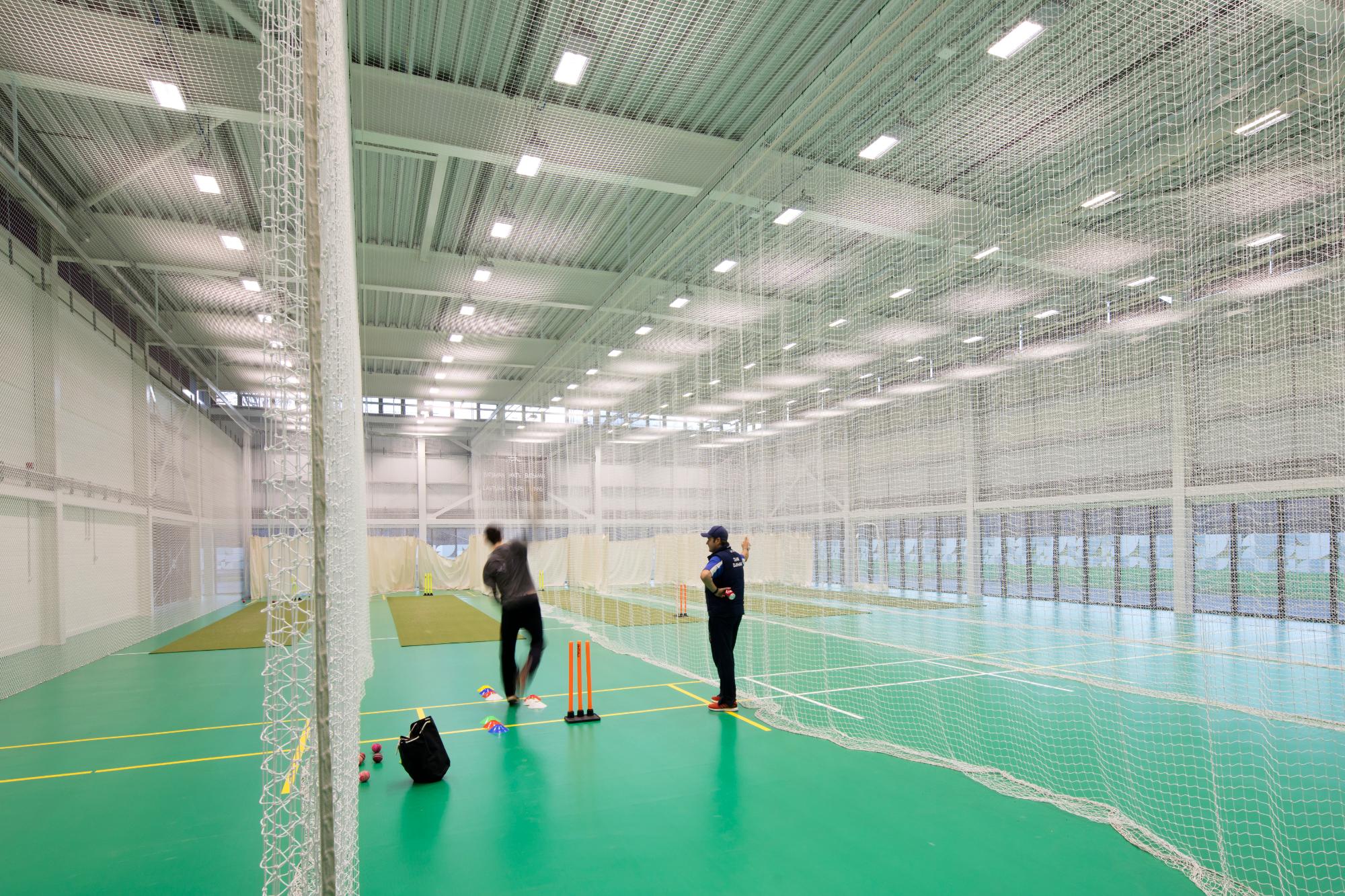What do we do in the Department of Sport and Exercise Sciences? Our research
The Durham University Department of Sport and Exercises leads research to help reduce inequalities, promote social justice and ensure better health and wellbeing within and through sport, exercise and physical activity.
View our short video to learn more about our research areas.
Research and Impact
Our research is designed to make a positive impact on people’s lives. All our research is led in a way to address inequalities, promote social justice, and ensure better health and wellbeing through sport, exercise and physical activity.
We seek to address physical inactivity and health inequalities in terms of female health, childhood obesity, disability, and sports participation. We fight to establish the Sustainable Development Goals as a new focus for global and national sport policies and work to shape UK Government policy on women football fans, addressing inequalities. We advise the UK Chief Medical Officers’ on physical activity and disability; design and promote more effective and inclusive physical activity referral systems, and target health inequalities. We challenge sedentary behaviour messages for being ableist, and create new messages that are inclusive. We provide an evidence-base for strategies to advance athlete health for sports performance and wellbeing, engaging with professional and community sport, industry and global networks.
FSS International Brochure
The Faculty of Social Sciences has an extensive global collaboration in research and education with partners across the world, promoting Social Science solutions to the world’s greatest challenges.
Behind the research
Our staff
Our staff hold pivotal research and leadership roles with incredible institutions such as; Durham Research Methods Centre, Centre for Translational Research in Public Health, and Durham Institute of Medical Humanities.
Our funding
We are supported in our research by a range of generous funders, including the ESRC, Wellcome Trust, AHRC, NIHR, Leverhulme Trust, The British Academy, the World Health Organisation, The FA, HelpAge, Sport England, Disability Rights UK, and The Office for Health Improvement and Disparities.
In our research, we value lived experiences, co-production, patient and public involvement, working with the media, outreach teams, museums and artists.


/prod01/prodbucket01/media/durham-university/departments-/sport-and-exercise-sciences/sport/86041.jpg)

/prod01/prodbucket01/media/durham-university/departments-/sport-and-exercise-sciences/shutterstock_1293680446.jpg)
/prod01/prodbucket01/media/durham-university/departments-/sport-and-exercise-sciences/sport/86103.jpg)

/prod01/prodbucket01/media/durham-university/departments-/sport-and-exercise-sciences/sport/83272.jpg)
/prod01/prodbucket01/media/durham-university/departments-/sport-and-exercise-sciences/sport/86037-2000X1333.jpg)


